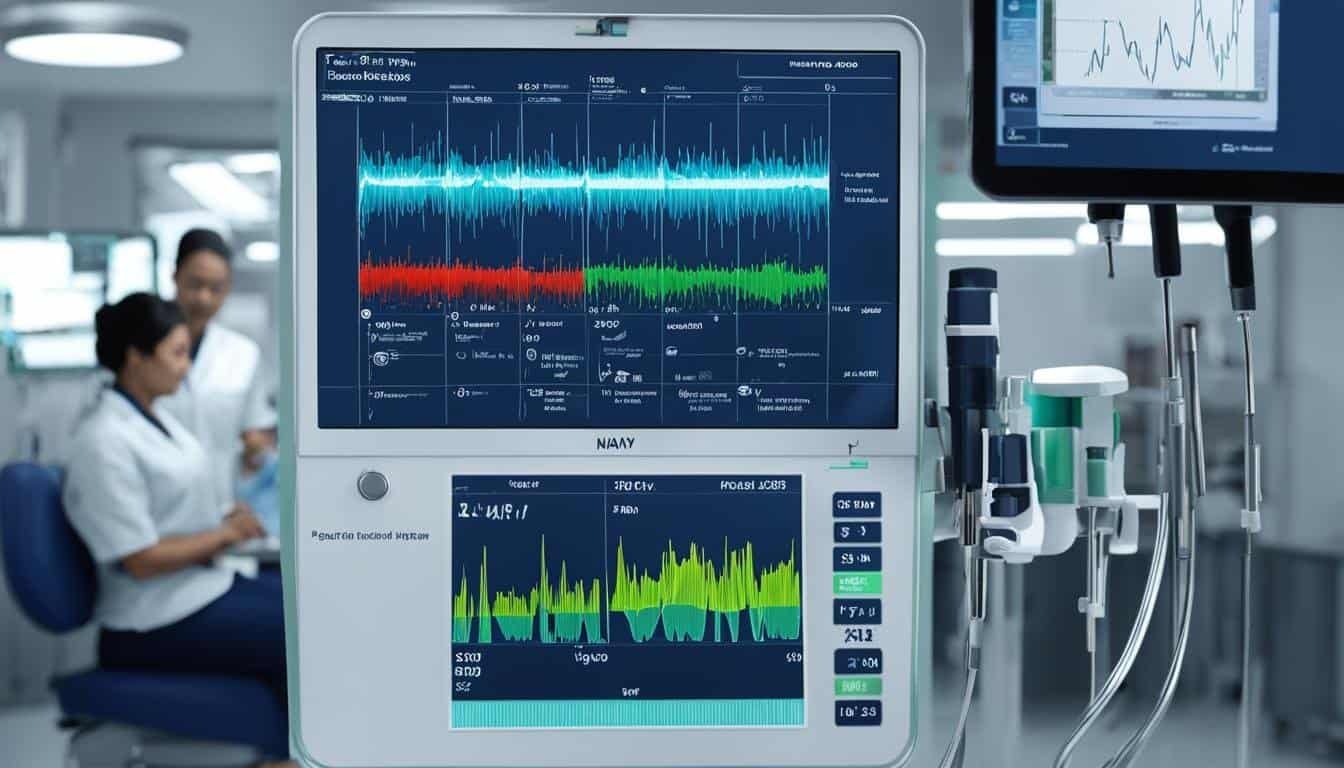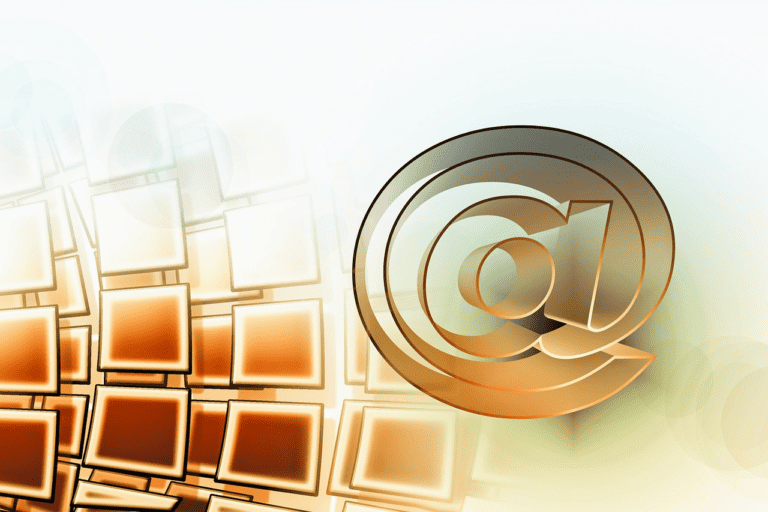Nursing and Medical Assistant Skills for Resume
As a nursing and medical assistant, it is important to highlight the right skills on your resume to stand out to potential employers. These skills showcase your qualifications and demonstrate your ability to provide quality care in a healthcare setting.
Key skills for nursing and medical assistant positions include:
- Patient assessment
- Vital signs measurement
- Medical terminology
- Electronic health records (EHR) management
- Phlebotomy
- Medication administration
- Sterilization techniques
- Diagnostic testing
- Medical coding and billing
- Medical office management
- CPR and first aid certification
- Infection control procedures
- Communication and interpersonal skills
- Attention to detail and accuracy
- Empathy and compassion
- Multitasking and prioritization
- Adaptability and flexibility
- Teamwork and collaboration
- Problem solving and critical thinking
- Time management and organization
- Professionalism and ethics
- Active listening and feedback incorporation
- Technical and computer skills
- Patient education and counseling
By including these skills in your resume, you can effectively showcase your qualifications and increase your chances of securing a nursing or medical assistant position.
Key Takeaways:
- Highlighting the right skills on your resume is crucial for nursing and medical assistant positions.
- Key skills include patient assessment, vital signs measurement, medical terminology, EHR management, and more.
- By showcasing these skills, you can demonstrate your qualifications and stand out to potential employers.
- Include CPR and first aid certification, infection control procedures, and communication skills.
- Technical and computer skills are also important for nursing and medical assistants.
Patient Assessment and Vital Signs Measurement
Patient assessment and vital signs measurement are crucial skills for nursing and medical assistants. Being able to accurately assess patients and measure vital signs such as blood pressure, pulse, and temperature is essential for providing quality care.
These skills demonstrate your ability to monitor patient health and identify any changes or abnormalities that may require immediate attention.
When conducting a patient assessment, healthcare providers gather information about the patient’s medical history, current symptoms, and overall condition. This assessment helps identify potential health issues and guides treatment decisions.
Vital signs are objective measurements of the body’s basic functions, reflecting the overall health status of the patient. The four vital signs that are commonly monitored are:
- Blood pressure: It reflects the force exerted by blood against the walls of blood vessels and indicates the efficiency of the heart’s pumping function.
- Pulse: It represents the rhythmic expansion and contraction of the arteries as blood flows through them and provides information about heart rate and rhythm.
- Respiratory rate: It refers to the number of breaths a person takes per minute and indicates the efficiency of breathing.
- Temperature: It measures the body’s internal heat level and can help identify the presence of fever or hypothermia.
Accurate measurement and interpretation of vital signs are essential for monitoring patients’ stability, assessing their response to treatment, and detecting any signs of deterioration or improvement. They provide critical information for healthcare providers to make informed decisions about patient care.
“The vital signs are the first indicators of a patient’s health status. They provide valuable data that informs the nursing and medical assisting team about the patient’s overall well-being. Monitoring and analyzing vital signs allows us to respond promptly to any changes and deliver appropriate care.”
Importance of Patient Assessment and Vital Signs Measurement in Nursing
Patient assessment and vital signs measurement play a fundamental role in nursing practice. These skills are vital for:
- Early detection of changes in a patient’s condition, allowing for prompt intervention and prevention of potential complications.
- Monitoring the effectiveness of treatments and interventions and adjusting them accordingly.
- Evaluating the overall response of the patient to the care provided and identifying areas for improvement.
- Ensuring patient safety and promoting optimal health outcomes.
By actively and accurately assessing patients and monitoring their vital signs, nursing professionals can deliver patient-centered care, make informed decisions, and promote positive health outcomes.
Medical Terminology and Electronic Health Records (EHR) Management
Having knowledge of medical terminology and experience in managing electronic health records (EHR) is highly valuable for nursing and medical assistants. This skill set allows you to effectively communicate with other healthcare professionals and accurately document patient information. It also demonstrates your ability to navigate and utilize technology in a healthcare setting.
Medical terminology serves as a common language in the healthcare field, enabling accurate communication and understanding between healthcare professionals. Familiarity with medical terms, abbreviations, and acronyms is crucial for efficiently discussing patient conditions, treatment plans, and medical procedures.
As a nursing or medical assistant, you will encounter various medical terms on a daily basis. Understanding these terms helps you interpret medical records, communicate with physicians and nurses, and provide comprehensive care to patients. Highlighting your proficiency in medical terminology on your resume showcases your knowledge and expertise in the healthcare domain.
Electronic health records (EHR) have revolutionized the healthcare industry by providing a digital platform for managing patient information. As a nursing or medical assistant, you may be responsible for entering, updating, and retrieving patient data within an EHR system.
Efficient EHR management ensures accurate and up-to-date patient records, improves communication between healthcare providers, and enhances overall patient care. It also enables seamless coordination between different departments and healthcare facilities, promoting a holistic approach to healthcare delivery.
Proficiency in EHR systems such as Epic, Cerner, or Meditech is highly sought after by employers in the healthcare industry. Including your experience and familiarity with EHR systems on your resume demonstrates your technical skills and ability to utilize technology for efficient healthcare management.
Here is an example of how medical terminology and EHR management can be showcased in a resume:
Skills:
- Proficient in medical terminology for accurate documentation and communication.
- Experienced in managing electronic health records (EHR) using industry-leading systems.
- Demonstrated ability to navigate and utilize technology in a healthcare setting.
By emphasizing your proficiency in medical terminology and experience in EHR management, you enhance your resume’s appeal to potential employers in the nursing and medical assistant roles. These skills highlight your ability to communicate effectively, maintain accurate documentation, and leverage technology to improve healthcare delivery.
Phlebotomy and Medication Administration
Proficiency in phlebotomy and medication administration is essential for nursing and medical assistants. These skills play a crucial role in patient care and are highly valued by employers in the healthcare industry.
Phlebotomy involves the skillful and safe collection of blood samples for diagnostic testing. As a nursing or medical assistant, being proficient in phlebotomy allows you to assist in the accurate diagnosis and treatment of patients. This skill demonstrates your ability to perform clinical procedures with precision and care.
Medication administration is another critical skill for nursing and medical assistants. It involves safely and accurately administering medications to patients. By demonstrating your competency in medication administration, you show your ability to follow prescriptions and ensure patient safety.
Employers value candidates who possess phlebotomy and medication administration skills because they are essential for delivering quality healthcare. These skills showcase your clinical expertise and ability to perform vital procedures that contribute to accurate diagnoses and effective treatments.
Highlighting your proficiency in phlebotomy and medication administration on your resume can significantly boost your chances of landing a nursing or medical assistant position. It demonstrates your commitment to patient care and ensures potential employers that you can effectively contribute to their healthcare team.
| Phlebotomy Skills | Medication Administration Skills |
|---|---|
| Accurate blood sample collection | Safely administering medications |
| Knowledge of venipuncture techniques | Understanding medication dosage and administration routes |
| Adherence to infection control protocols | Monitoring and documenting medication effects and side effects |
| Ability to calm anxious patients | Knowledge of medication storage and disposal guidelines |
| Effective communication with patients during the procedure | Recognizing and reporting adverse reactions to medications |
Sterilization Techniques and Infection Control Procedures
Knowledge and experience in sterilization techniques and infection control procedures are essential for nursing and medical assistants. These skills play a critical role in maintaining a clean and sterile environment, preventing the spread of infections, and ensuring the safety of both patients and healthcare providers.
Adhering to proper sterilization and infection control protocols is a fundamental responsibility in healthcare settings. Whether it’s sterilizing instruments, disinfecting surfaces, or implementing strict hand hygiene practices, following these procedures demonstrates your commitment to patient safety and your ability to uphold high standards of cleanliness.
“Sterilization is the process of eliminating all microorganisms, including bacteria, viruses, and fungi, from equipment, surfaces, and instruments to prevent the transmission of infections.”
“Adhering to proper sterilization and infection control protocols is a fundamental responsibility in healthcare settings.”
In healthcare, infections can have severe consequences, especially for patients with compromised immune systems. As a nursing or medical assistant, your knowledge and skills in sterilization techniques and infection control procedures contribute to creating a safe and healthy environment for patients, minimizing the risk of healthcare-associated infections.
“Infection control procedures encompass a range of practices, such as proper hand hygiene, the use of personal protective equipment (PPE), safe waste disposal, and isolation precautions.”
By focusing on infection control, you demonstrate your commitment to patient well-being and contribute to the overall quality of care provided. Employers value these skills and prioritize candidates who prioritize patient safety in their daily practice.
Comparison of Sterilization Techniques
| Sterilization Method | Description | Advantages | Disadvantages |
|---|---|---|---|
| Steam sterilization (autoclaving) | Utilizes high pressure and high temperature steam to kill microorganisms. |
|
|
| Chemical sterilization | Uses various liquid or gaseous chemical agents to kill microorganisms. |
|
|
| Gas sterilization | Uses a specific gas (e.g., ethylene oxide) to kill microorganisms. |
|
|
Having a thorough understanding of sterilization techniques and infection control procedures enhances your ability to provide quality care and ensures the well-being of patients and healthcare professionals. By including these skills on your resume, you demonstrate your commitment to patient safety and stand out as a competent nursing or medical assistant.
Medical Coding and Billing and Medical Office Management
Proficiency in medical coding and billing, as well as experience in medical office management, are valuable skills for nursing and medical assistants. These skills involve accurately documenting and coding medical procedures and services, managing patient records and appointments, and handling administrative tasks in a healthcare setting. Demonstrating your ability to efficiently manage medical office operations and ensure accurate billing and documentation will give you a competitive edge.
Medical coding and billing are essential components of healthcare operations. They play a crucial role in ensuring that healthcare providers receive appropriate reimbursement for the services they render. Medical coders translate healthcare procedures, diagnoses, and services into universally recognized codes for insurance claims, billing, and statistics. On the other hand, medical billers process and submit claims to insurance companies, track payments, and resolve any billing discrepancies.
Proficient medical coders and billers possess a strong understanding of medical terminology, anatomy, and disease processes. They are knowledgeable about coding systems such as Current Procedural Terminology (CPT), International Classification of Diseases (ICD), and Healthcare Common Procedure Coding System (HCPCS). Accuracy and attention to detail are crucial in their work, as any errors in coding can lead to claim denials or delays in reimbursement.
In addition to medical coding and billing skills, medical office management is another valuable competency for nursing and medical assistants. Medical office managers oversee the day-to-day operations of healthcare facilities, ensuring smooth workflow, effective communication, and efficient coordination among staff members.
Some of the key responsibilities of medical office managers include:
- Managing patient records and appointments
- Coordinating with insurance companies and third-party payers
- Supervising administrative staff and ensuring compliance with healthcare regulations
- Handling financial processes, such as billing, collections, and budgeting
- Implementing and maintaining electronic health record (EHR) systems
- Managing inventory and ordering medical supplies
Medical office managers must have strong organizational and leadership skills to effectively handle the diverse responsibilities of their role. They also need to stay updated with the latest industry regulations and advancements in healthcare technology.
By highlighting your proficiency in medical coding and billing, as well as your experience in medical office management, on your resume, you can demonstrate your ability to contribute to the efficient operation of healthcare facilities. These skills showcase your attention to detail, organization, and commitment to accuracy, which are highly valued in the nursing and medical assistant roles.
Conclusion
In conclusion, highlighting the appropriate nursing and medical assistant skills for resume is crucial for impressing employers and securing a job in the healthcare field. By showcasing a comprehensive range of skills such as patient assessment, vital signs measurement, medical terminology, electronic health records (EHR) management, phlebotomy, medication administration, sterilization techniques, diagnostic testing, medical coding and billing, medical office management, CPR and first aid certification, infection control procedures, communication and interpersonal skills, attention to detail and accuracy, empathy and compassion, multitasking and prioritization, adaptability and flexibility, teamwork and collaboration, problem-solving and critical thinking, time management and organization, professionalism and ethics, active listening and feedback incorporation, technical and computer skills, and patient education and counseling, you can demonstrate your qualifications and stand out as a competent and capable nursing and medical assistant.
Employers in the healthcare industry value candidates who possess a diverse range of skills that can contribute to providing high-quality care to patients. By including these skills on your resume, you not only demonstrate your ability to perform essential clinical tasks, but you also show that you possess the necessary communication, teamwork, and problem-solving abilities to excel in a healthcare setting.
Furthermore, be sure to tailor your resume to the specific job you are applying for. Each healthcare position may require a unique combination of skills, so it’s important to highlight the ones that align most closely with the job requirements. Additionally, consider including specific examples or achievements that demonstrate your proficiency and success in utilizing these skills in previous roles or educational experiences.
In summary, a well-crafted resume that highlights your relevant nursing and medical assistant skills will make a strong impression on potential employers. Showcase your qualifications, demonstrate your dedication to patient care, and position yourself as a valuable asset in the healthcare industry.






